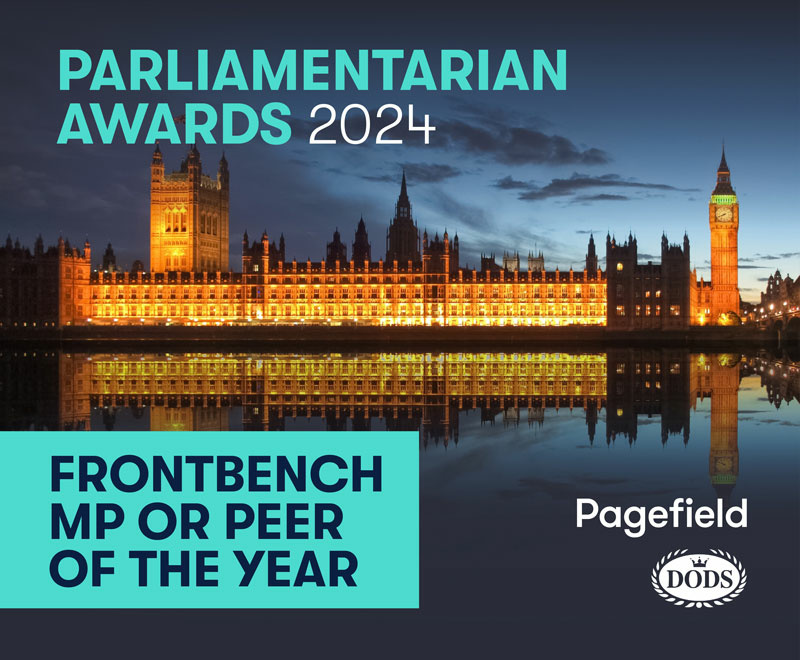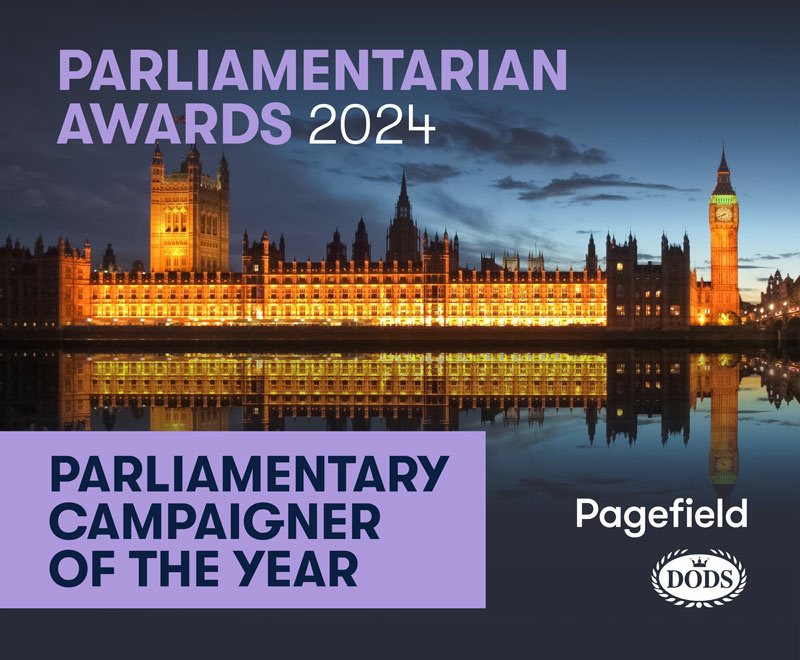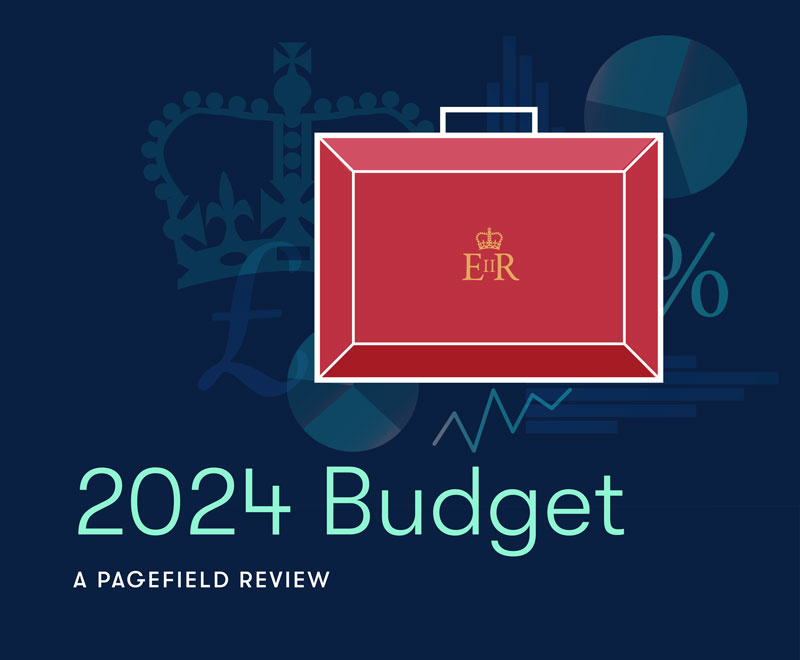Last week, the news technology company Tickaroo and research agency Opinium published the results of a news habits survey. The survey of 2,000 UK adults found that 60% of respondents were sceptical about some of the stories they read, while 66% were concerned about fake news.
We spoke to four members of the Pagefield team who offered their perspectives on the survey results and outlined what they considered the main takeaways.
**
News consumption via social media spells concern for traditional media
“Traditional media has long understood that bad news sells. Combine this approach with the advent of ‘new’ media – where bad news makes for attractive clickbait – and it’s easy to see why people feel bombarded with negative stories and less likely to trust or pay attention to the news they consume.
“One interesting result from the survey is the polling on news consumption broken down by age. Much of the discourse around the recent changes to Twitter focused on its utility, and therefore its importance, as an avenue for breaking stories and following news in real-time. The survey results indicate this reliance on social media is unlikely to change given its popularity among the younger generations.
“What will be critical in influencing future news habits is how these social media sites evolve to cater for providing news to the masses.”
Ben Turner – Executive at Pagefield
Generalist, misreported news opens the door for more ‘specialist’ journalism
“British journalism’s once-unrivalled reputation seems to be taking a battering. A whopping 43% of those surveyed attribute journalists’ ‘spin’ to their declining trust in the news.
“More concerning still were the results of a separate research study conducted by King’s College London in March as part of the World Values Survey. The study, conducted in 24 countries, found only 13% of people in the UK trusted the press. Only Egypt ranked lower with 8%.
“While print circulation continues to decline in the UK, and more titles move to paid-for online subscriptions, there’s an opportunity for specialist, trade media to restore trust among consumers.
“National news titles are, by their very definition, intended as ‘generalist’ sources of news. Almost all the main national titles have dedicated correspondents covering business, politics, sports, culture, the environment and more, but with these journalists up against unforgiving editorial and print deadlines, there’s an opportunity for sector-specific trade titles to position themselves as a more reliable arbiter of accuracy in news reporting.”
Harry Gault – Senior Executive at Pagefield
Original broadcast superseded by the momentary ‘clip’
“I once worked for GB News – a start-up TV channel that promised to restore trust in news broadcasting but in the eyes of some has done the opposite. Yet, the problem of declining trust in television news among young generations is not limited to that channel, it is structural.
“Broadcast production has become cheaper thanks to digital innovation. This has blurred the line between TV and other forms of journalism as video becomes ubiquitous. All “lineal” TV channels broadcast online, where they also publish articles. All newspapers publish videos online, and all new TVs play online content alongside traditional, Ofcom-regulated programming. Young audiences simply don’t distinguish between this content and often favour media brands native to the internet.
“For many organisations and brands the online “clip” is considered more valuable (and gets more views) than the original broadcast. When you combine this reality with the revelation in this new data that TV just isn’t trusted by many young people it’s legitimate for PR clients to ask: why not skip the TV bit and just go straight to online? Would a podcast appearance or filmed interview with an online publication be a better bet for us?”
Liam Deacon – Consultant at Pagefield
Opportunities for brands to be the ‘bearers of good news’
“The media is in a tricky spot. With 51% of respondents saying news media only report on problems and issues, and the same percentage also saying news outlets do not report on solutions, how does it inform people of what’s really going on, holding those in power to account and protect the public without making them feel like the world is ending?
“This highlights a fascinating opportunity for brands to step in and help shore up trust and boost confidence among the public.
“By paying close attention to media coverage on a particular topic or theme, brands can take the opportunity to ‘news-jack’. What’s more, using their owned digital channels, they can show their target audiences precisely how they can provide a solution to the problem outlined by the media.
“By injecting their products, services, and perspectives into social feeds, they can help instil the conversation with positivity and optimism. A win for both public sentiment and business goals.”
Laura Price – Partner at Pagefield
**




